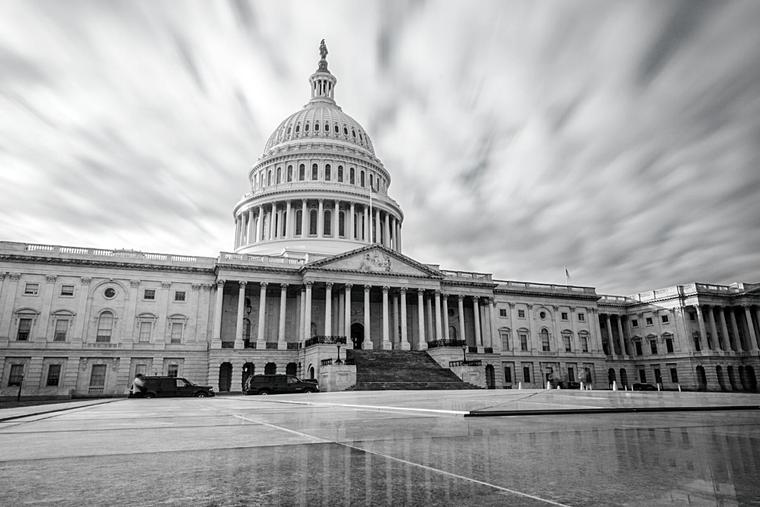Amid Scheduled Executions, Bills Introduced to End Federal Use of Death Penalty
The effort comes after Rep. Adriano Espillat, D-N.Y., a Dominican-American and Catholic, introduced H.R. 97 Jan. 4, “To abolish the death penalty under Federal law.”

WASHINGTON — As three federal executions were scheduled for this week, multiple bills have been introduced in Congress to end use of the federal death penalty.
Sen. Dick Durbin, D-Ill., and Rep. Ayanna Pressley, D-Mass., introduced Jan. 11 the Federal Death Penalty Prohibition Act of 2021, which would end federal use of the death penalty, bar the imposition of the death penalty for violation of federal law, and mandate that federal inmates on death row be re-sentenced.
“Ending the federal death penalty — which is as cruel as it is ineffective in deterring crime — is a racial justice issue and must come to an end,” said Pressley.
“The death penalty is deeply flawed and disproportionately imposed on Black and Brown and low-income people in America,” Durbin, a Catholic, said.
More than 70 members of Congress sponsored or co-sponsored the legislation. The effort comes after Rep. Adriano Espillat, D-N.Y., a Dominican-American and Catholic, introduced H.R. 97 Jan. 4, “To abolish the death penalty under Federal law.”
The Trump administration has resumed federal use of the death penalty after nearly a two-decade moratorium on its utilization. Former Attorney General William Barr—a Catholic—had announced the resumption of the federal use of the death penalty in 2019.
In 2020, 10 federal inmates were executed by the U.S., and three more on death row were scheduled to be executed this week before President-elect Joe Biden is inaugurated Jan. 20.
However, a district court judge granted Lisa Montgomery — one of the three federal death row inmates — a stay of execution Jan. 11, “to allow the Court to conduct a hearing” regarding “Ms. Montgomery's competence to be executed.”
According to Montgomery’s attorneys and expert testimonies, she is suffering from mental illnesses and brain impairments.
The D.C. Circuit Court also granted Montgomery a stay of execution Jan. 11. The Trump administration has appealed the case to the Supreme Court; Montgomery had originally been scheduled to be executed Jan. 12 at 6 p.m. EST.
In December, Pressley led a letter by more than 40 House members to Biden asking him to end use of the death penalty once he takes office.
U.S. bishops have been outspoken about ending the death penalty, and have repeatedly implored the Trump administration to stop the federal executions. Leading bishops also asked Biden to declare a moratorium on the federal use of executions and commute federal death sentences to life imprisonment.
Bishop Daniel Flores of Brownsville, the next chair of the U.S. bishops’ doctrine committee, said the death penalty was part of the “throwaway culture” in remarks at an online forum Jan. 8.















